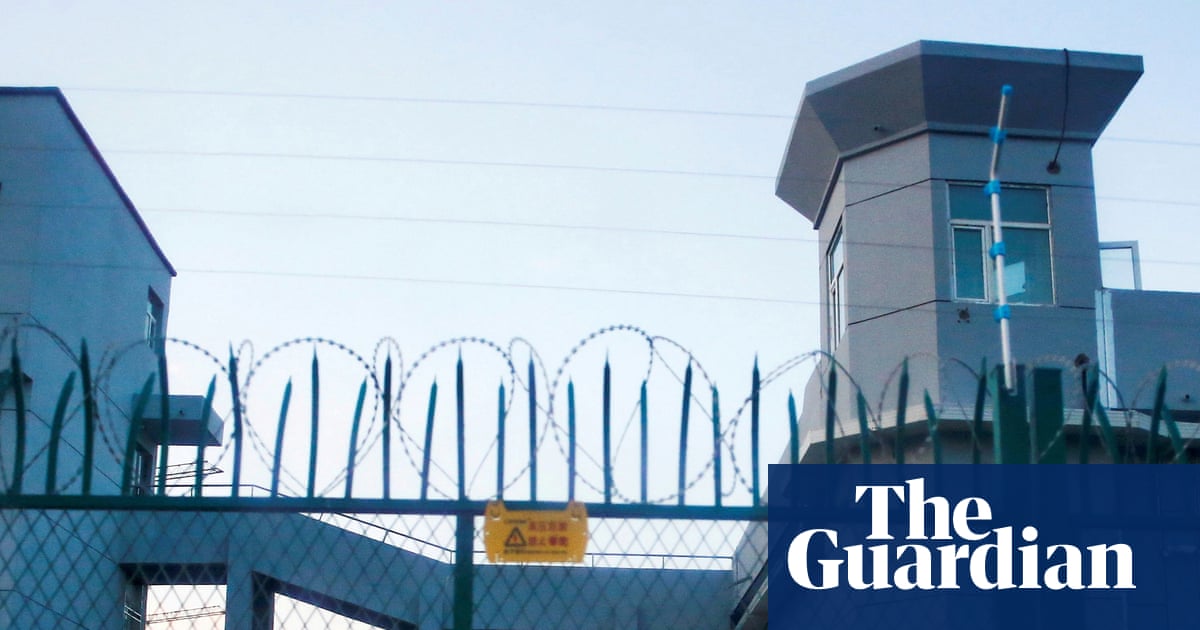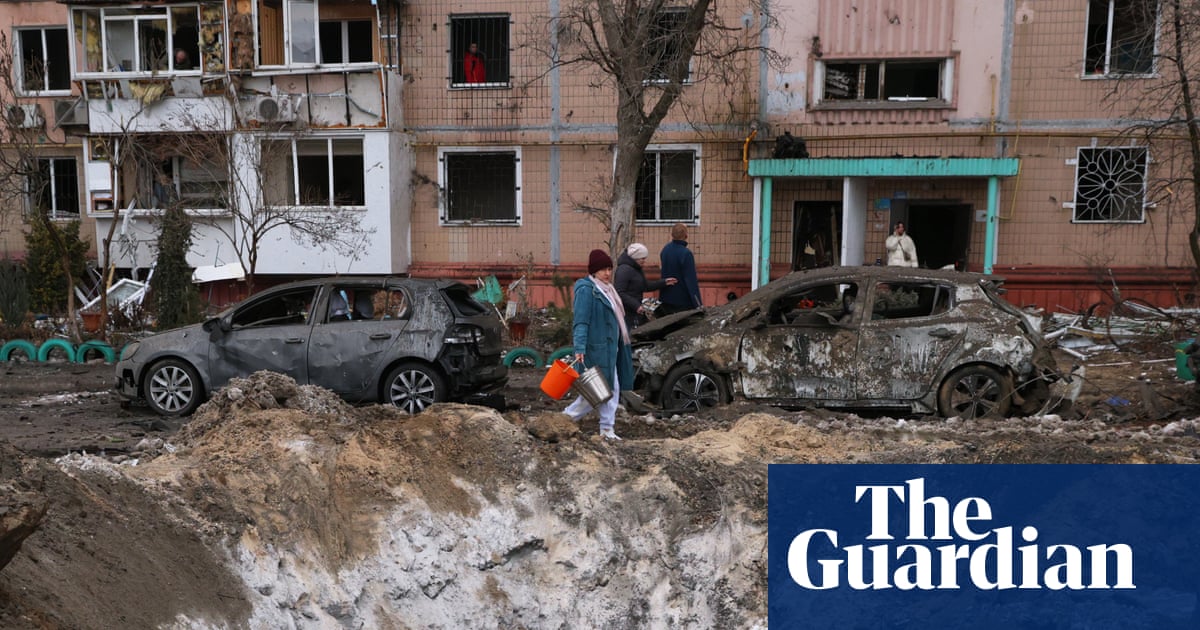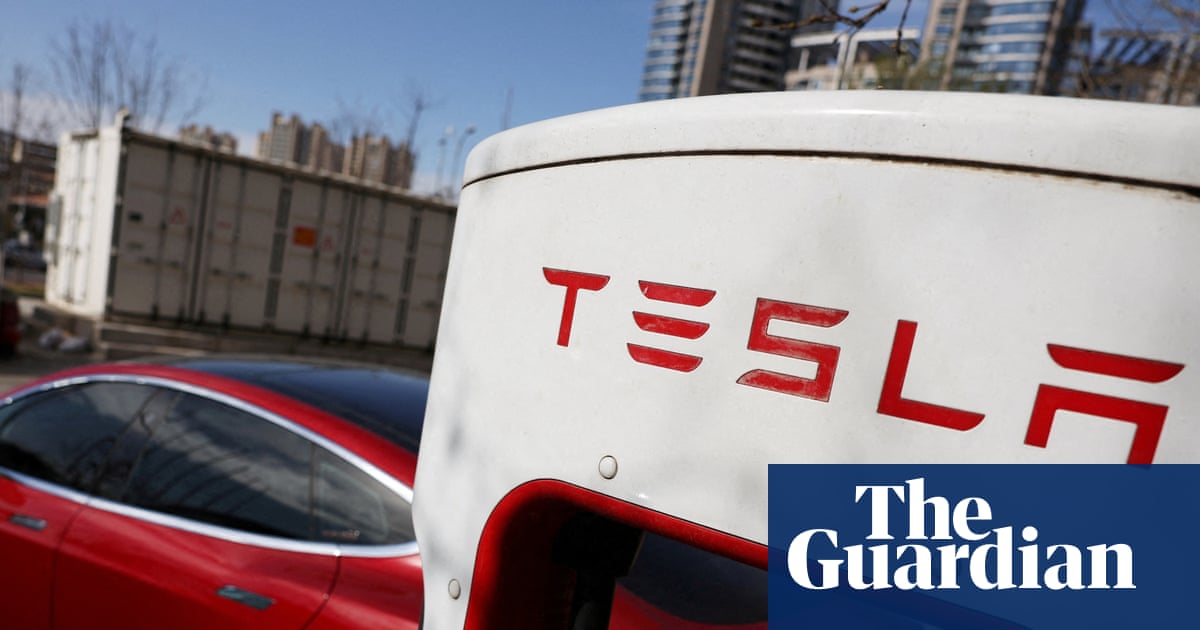Every year is election year in the US, but the contests of 2025, which reach their climax on Tuesday, will be especially revealing. These “off-year” battles – a smattering of governors’ races, statewide referendums and the election of a new mayor in the country’s biggest city – will tell us much about the national mood 12 months after Americans returned Donald Trump to the White House and one year before midterm contests that could reshape the US political landscape. Above all, though, they will reveal the division, the confusion and sheer discombobulation Trump has induced in the US’s party of opposition.
The verdict on Trump’s first 10 months in office will be delivered most clearly in the two states set to choose a new governor: New Jersey and Virginia. By rights, these should be relatively easy wins for the Democrats. Both states voted for Kamala Harris a year ago, and the current polls are grim for Trump. This week, an Economist/YouGov survey registered Trump’s lowest rating of his second term – 39% of Americans approve of him, while 58% disapprove – the lowest number they’d recorded for him bar one poll in his first term. Trump’s handling of the economy gets especially low marks, and a plurality of voters blame the continuing government shutdown, now in its second month, on Trump and his party. If an off-year election offers an opportunity to kick an unpopular incumbent, then Tuesday should be plain sailing for Democrats.
And yet, the contest in New Jersey, for one, is looking far from comfortable. Democrats there are mindful that a year ago Trump surged in the state: after losing to Biden by a whopping 16 points in 2020, he trailed Harris by just six. Current polls show the Democratic candidate for governor ahead, but only narrowly: one survey put her just one point ahead of her Republican opponent. The party is funnelling serious money into the contest and deploying its biggest guns: Barack Obama will campaign in New Jersey on Saturday.
It may work. But the fact that, after all that voters have seen from Trump these past 10 months – the power grabs; the wild on-again, off-again moves on tariffs; the failure to shrink inflation; the indulgence of corruption; the vanity projects, including the demolition of the East Wing of the White House to make room for a gilded Trump ballroom – a Republican is even competitive in a state such as New Jersey should be troubling Democrats. And, if my conversations in Washington and New York this week are anything to go by, it is.
The problem is that, even after a decade in which Trump has dominated US politics, Democrats are still not sure how to confront him, or even, more fundamentally, what they should really be. Take the mayoral contest in New York City, which is exposing the depth of the divide.
The frontrunner is Zohran Mamdani, a 34-year-old newcomer who came from nowhere to storm his way to the Democratic nomination. Hugely charismatic and a master of social media, he has energised voters who had long regarded the Democrats as stale and tired: in the Democratic primary earlier this year, turnout was highest among those between ages 25 and 35. His chief opponent is the man he beat in that primary, the former Democratic governor of the state and scion of one of the party’s most storied families: Andrew Cuomo.
Their clash captures what Cuomo, now running as an independent, calls the “quiet civil war” among Democrats in almost cartoonishly stark terms. Mamdani is a socialist beloved by the young, but feared by the old – and by those alarmed by his refusal to denounce the slogan “globalise the intifada”, a phrase they believe sanctions attacks on Israel-associated, meaning Jewish, targets in the US and elsewhere. Cuomo is 67, previously endorsed by the party establishment and tainted by the bullying and sexual harassment scandal that drove him out of office in 2021.
It is a divide that is both ideological and generational. Plenty of younger Democrats see Mamdani as radical and inspiring, drawn to his message of “affordability” of housing and public transport. They see Cuomo as the embodiment of an exhausted, morally compromised centrism that cannot beat Trump. Meanwhile, many older Democrats see Mamdani as radical and untested, carrying too little experience and too much ideological baggage – the same leftist liabilities that the right ruthlessly exploits and ultimately always leads to Democratic defeat. I got a glimpse of that divide when, at a live event in Manhattan for the Unholy podcast, I asked Hillary Clinton whether, if she had a vote in New York City, she would cast it for Mamdani, who is, let’s not forget, the official Democratic nominee for mayor: “You know what? I don’t vote in this city. I’m not involved in it. I have not been at all even asked to be involved in it, and I have not chosen to be involved in it.”
If Mamdani wins, and either of the comparatively moderate Democrats running in New Jersey and Virginia loses, then the party’s progressive wing will take that as confirmation that its approach – the path of Alexandria Ocasio-Cortez and Bernie Sanders – represents the party’s best hope. But if all three win, and especially if the gubernatorial candidates improve on Harris’s performance in 2024, then the moderate wing will be buoyed, and the argument inside the Democratic party will rage on. In fact, it’s a fair bet it will rage on whatever happens.
after newsletter promotion
And that is because the age of Trump has been utterly confounding for his opponents. How do you play against a player who breaks all the rules of the game? If you stick to the old ways of doing politics, if you obey the traditional proprieties and conventions, you cast yourself as part of the very establishment or deep state or elite that Trump has so profitably railed against for 10 years. But if you don’t, if you disrespect past norms, then you become part of the problem, the danger, Trump represents, weakening the guardrails that keep democracy on track.
An example of that dilemma is on display in California. The state’s ambitious governor, Gavin Newsom, has tabled a ballot initiative – a referendum – that would redraw the boundaries of California’s congressional districts to give the party about five more seats in the House of Representatives in time for next year’s midterm elections. It’s retaliation for a Trump-approved gerrymander in Texas that will hand Republicans a similar advantage in that state. Democrats have hailed Newsom’s move as an act of resistance, fighting Trumpian fire with fire. And so it is. But it also burns away one more democratic norm, turning boundary changes into a routinely partisan battleground.
Democrats are struggling because there are no good options when fighting a nationalist populist unafraid to wreck democracy. If you stay high while he goes low, you lose – and he is free to wreak further destruction on the democratic system. But if you sink to his level, you risk damaging the very thing you want so desperately to protect. The havoc of Donald Trump is never confined to Trump. It engulfs his opponents too.
-
Jonathan Freedland is a Guardian columnist
-
Guardian newsroom: Year One of Trumpism: Is Britain Emulating the US? On Wednesday 21 January 2026, join Jonathan Freedland, Tania Branigan and Nick Lowles as they reflect on the first year of Donald Trump’s second presidency – and to ask if Britain could be set on the same path. Book tickets here or at guardian.live

 2 months ago
61
2 months ago
61

















































